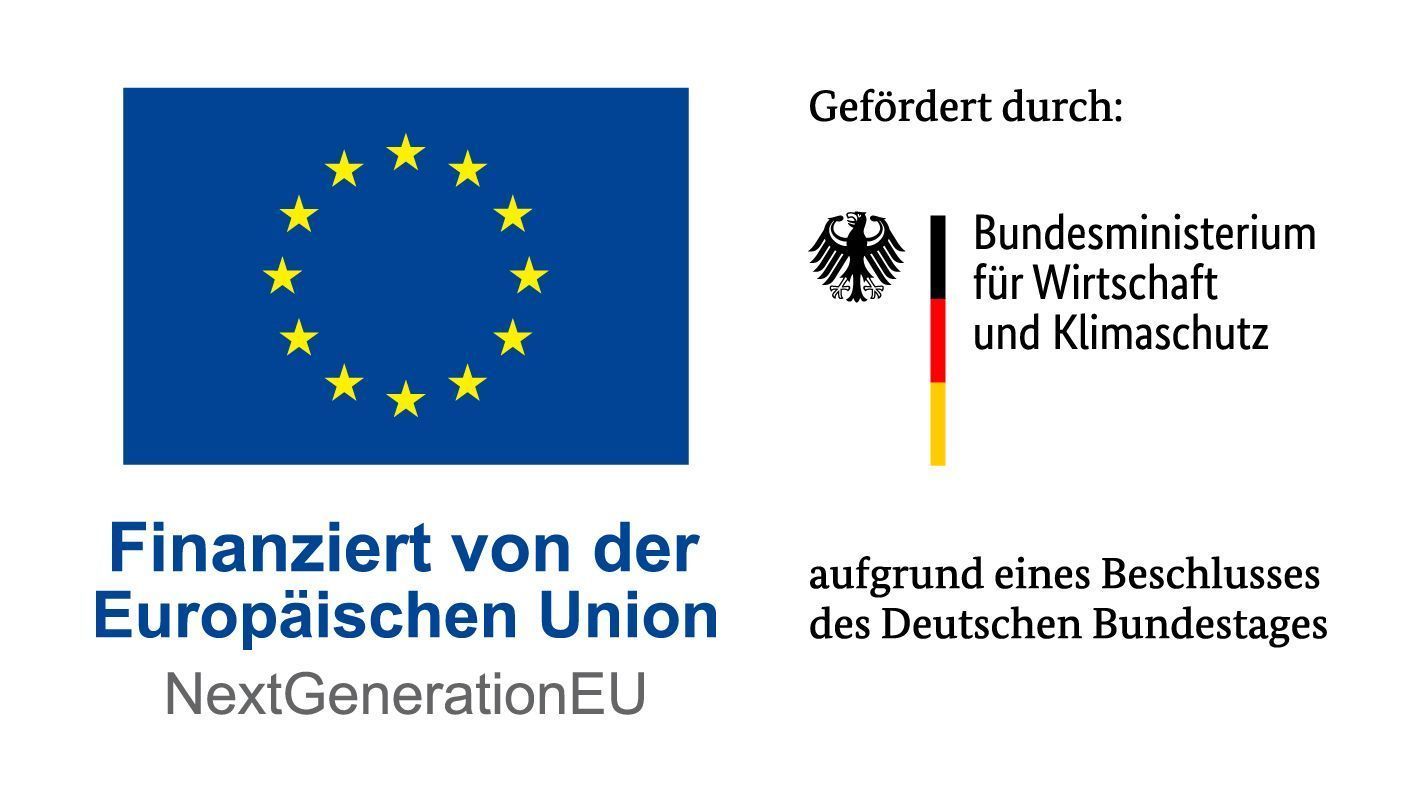Consortium
The consortium is made up of 13 commercial enterprises and 7 research institutes.
The project is being led by msg systems ag.
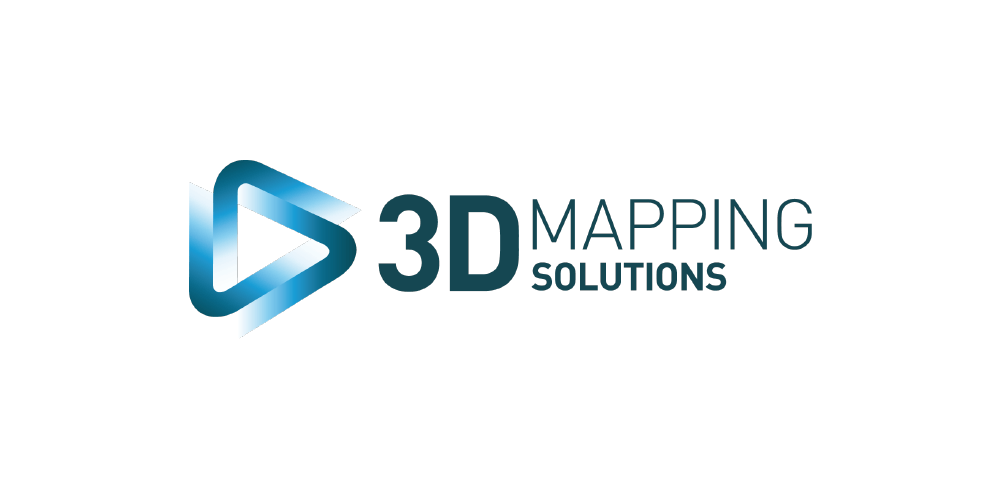
-
3D Mapping Solutions GmbH
3D Mapping Solutions GmbH, based in Holzkirchen and Pittsburgh, USA, specializes in the high-precision and high-resolution mapping of road networks, test and race tracks as well as proving grounds for automotive applications and is a global leader in this field. Its core competencies also include the creation of high-precision, high-resolution reference maps of road networks for autonomous driving, the provision of basic data for reliable, validatable driving and sensor simulation, the creation of 3D environment models and the provision of reference information for advanced driver assistance systems.
In the GAIA-X project, HD maps and simulation models from 3D Mapping Solutions are to be prepared for provision on the GAIA-X platform. This includes the description using metadata that qualifies the products for certified simulation in the field of autonomous driving. Together with the numerous partners in the project, requirements will be determined and suitable data descriptions developed, which will then be applied in the ALKS and sensors use cases as part of the project. In addition, the certification of HD cards will be tested in a joint use case with TÜV Rheinland.

-
ADC Automotive Distance Control Systems GmbH
We make Autonomous Mobility happen
Business Area Autonomous Mobility
Autonomous driving is one of the biggest future fields in the automotive industry. Driverless technologies offer unprecedented potential to make mobility more sustainable, more comfortable and, above all, safer. And this market is booming: according to forecasts, it will multiply in the coming years. At the same time, completely new players are entering the market as the skills and capabilities required to realize autonomous mobility expand. In a highly competitive market environment, we want to position ourselves as an idea driver and innovation leader.
In the Autonomous Mobility (AM) business area, we are pooling all our expertise in the development of innovative solutions for assisted and automated driving. We want to pave the way for driverless mobility - with a clear vision, a precise strategy and a collaborative, open and dynamic culture.
We are putting autonomous mobility on the road. We are developing intelligent driver assistance systems that are networked with each other and make mobility safer and more comfortable. The use of these solutions in testing and on the road enables us to continuously develop them further - on the way to Level 5.

-
Automotive Solution Center for Simulation e.V.
The asc(s - Automotive Solution Center for Simulation e. V. - is a non-profit association for the promotion of research and implementation of innovative simulation methods in the virtual vehicle development process. We have been networking leading players from industry and science since 2008. To this end, we bundle the interests and needs of our members in the pre-competitive area. Our current membership of around 50 includes automotive manufacturers and suppliers, software and hardware providers, engineering service providers and research institutes. Our members meet on an equal footing and use their expertise to actively shape the asc(s topics as an open association. These topics include various research segments for industrial applications that will determine the future of mobility: Autonomous driving, e-mobility, lightweight construction, HPC, artificial intelligence and digital twins. The asc(s brings together suitable project partners to drive these R&D areas forward and provide new impetus. Networking results in a variety of synergy effects thanks to the different skills of the members.
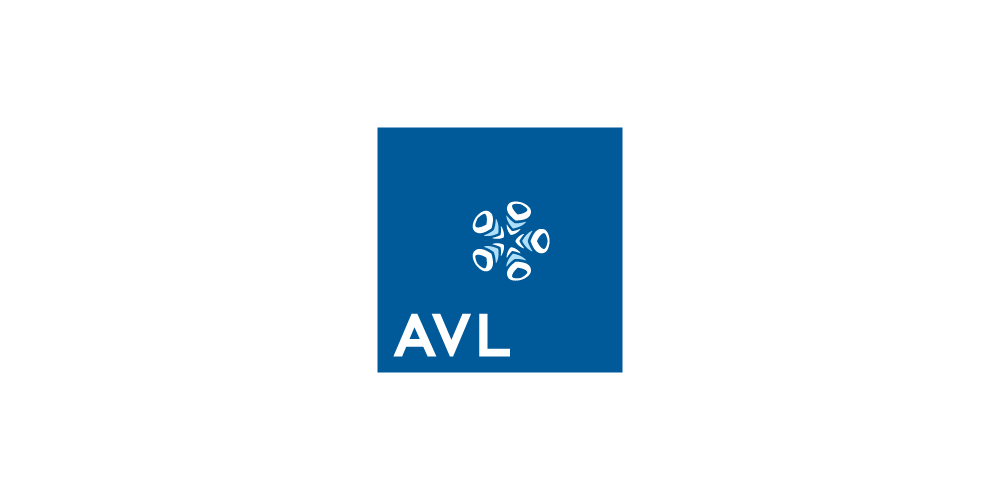
-
AVL Germany GmbH
AVL is the world's largest private and independent company for the development of drive systems. AVL develops and improves all types of drive systems as a competent partner to the engine and vehicle industry. Founded in Graz in 1948, the AVL Group employs more than 11,000 people worldwide. 12.5% of turnover is invested in research.
AVL Deutschland GmbH, headquartered in Mainz-Kastel, represents AVL's range of products and services in Germany. It combines three different disciplines under one roof:
As an engineering service provider, it offers design and development services for all elements of ICE, HEV, BEV and FCEV powertrain systems, as well as integration into the vehicle system. In addition, future technologies in areas such as ADAS and autonomous driving are supported and driven forward. A high level of expertise has been gained in this area, which can be found in numerous development centers around the world.
Another discipline is the measurement and testing systems division, which offers advanced and precise simulation and testing solutions for every aspect of the powertrain development process. This is made possible by the seamless integration of the latest simulation, automation and testing technologies.
The simulation methods required for the development work are developed and marketed within AVL's third business unit.
The simulation methods required for the development work are developed and marketed within AVL's third business unit. Once again, simulation solutions are offered here for all phases of the powertrain and vehicle development process. With their help, it is possible to gain high-resolution insights into the behavior and interactions of components, systems and the entire vehicle.
Driver assistance systems and autonomous driving are already widely used in the automotive industry. As a trusted partner for OEMs and TIERs, AVL can fulfill any specific requirements for them thanks to its extensive expertise in the above-mentioned areas of engineering, testing and simulation as well as the test toolchain provided. AVL covers system design, calibration and validation services, customized software and control development as well as tools and methods for development and testing.

-
BMW Group
With its BMW, MINI, Rolls-Royce and BMW Motorrad brands, the BMW Group is the world's leading premium manufacturer of automobiles and motorcycles and provider of premium financial and mobility services. The BMW Group production network comprises 31 production and assembly plants in 15 countries; the company has a global sales network with representatives in over 140 countries.
In 2021, the BMW Group achieved worldwide sales of more than 2.5 million automobiles and over 194,000 motorcycles. Profit before tax in the financial year 2021 amounted to €16.1 billion and revenue to €111.2 billion. As of December 31, 2021, the company employed 118,909 people worldwide.
Long-term thinking and responsible action have always been the basis of the BMW Group's economic success. The company set the course for the future at an early stage and consistently places sustainability and resource conservation at the center of its focus, from the supply chain through production to the end of the use phase of all products.

-
Conti Temic microelectronic GmbH
Conti Temic microelectronic GmbH is a global market leader in the automotive supply industry for driver assistance systems in the field of driving safety and comfort. The latest sensor generations, including camera, radar and LiDAR systems, are manufactured in the group-wide ADAS Leadplant (Advanced Driver Assistance Systems) BU in Ingolstadt. Innovative production processes and smart technologies are transferred to other ADAS locations worldwide following successful verification. In addition to comprehensive SMD/front-end and back-end production as well as state-of-the-art environmental simulation and testing laboratories, Ingolstadt also has the largest prototype construction facility in the company for basic development through to SOP maturity of the sensors. In addition to the wide range of experience in the development and series introduction of innovative vehicle electronics, micro-assembly and functional analysis, Conti Temic microelectronic GmbH is actively building up expertise in the field of artificial intelligence.
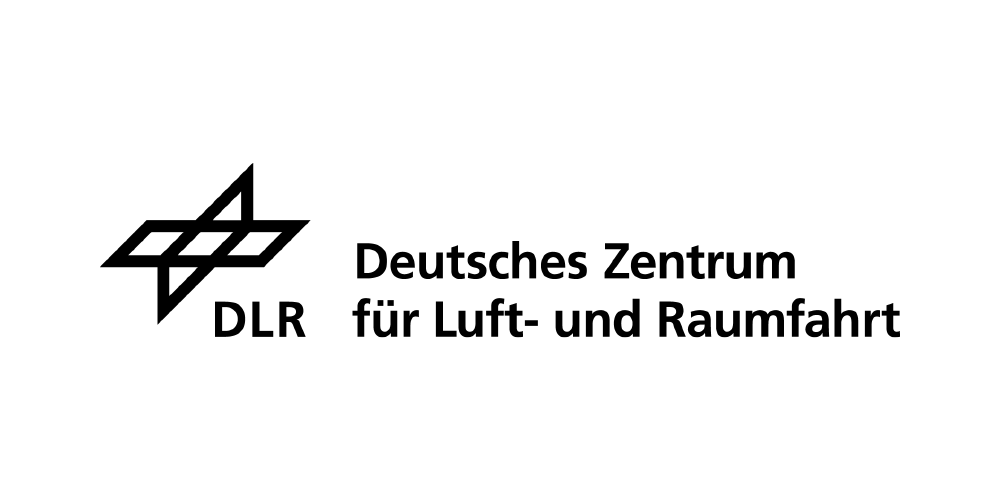
-
German Aerospace Center e. V.
DLR is the aeronautics and space research center of the Federal Republic of Germany. We conduct research and development in the fields of aeronautics, space, energy, transport, security and digitalization. The German Space Agency at DLR plans and implements the national space program on behalf of the Federal Government. Two DLR project management agencies oversee funding programs and support the transfer of knowledge.
Climate, mobility and technology are changing globally. DLR uses the expertise of its 55 research institutes and facilities to develop solutions to these challenges. Our 10,000 employees have a common mission: to explore the Earth and space and develop technologies for a sustainable future. In this way, DLR contributes to strengthening Germany as a location for research and industry.
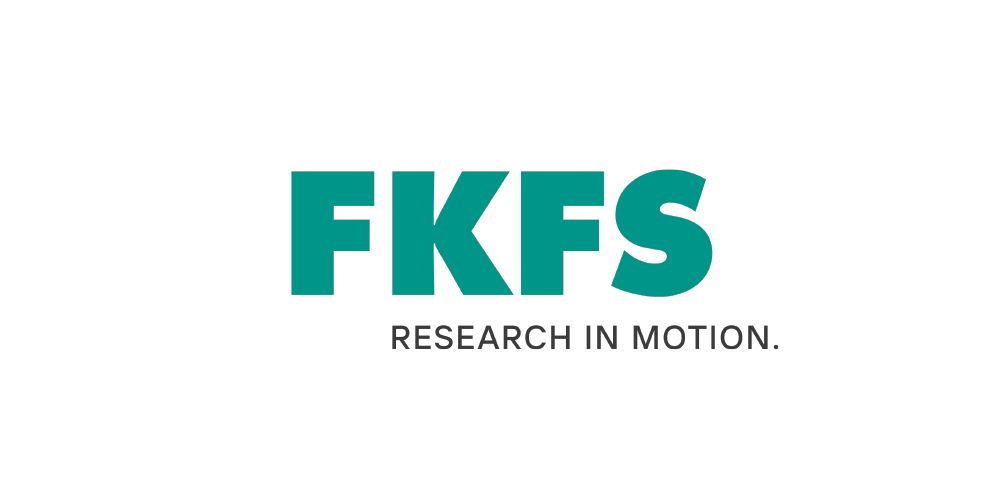
-
Research Institute for Automotive Engineering and Vehicle Engines Stuttgart
With around 200 employees, the FKFS conducts research in the field of automotive and mobility technology together with industrial companies and in publicly funded projects. It operates state-of-the-art testing facilities, including the Stuttgart driving simulator, several wind tunnels and test benches for electric vehicle drives. The FKFS is proficient in the relevant simulation, software prototyping and diagnostic procedures for mechatronic vehicle systems. In cooperation with the University of Stuttgart, students and doctoral candidates in engineering are trained.

-
Fraunhofer-Society for the Promotion of Applied Research e. V.
The Fraunhofer-Gesellschaft, based in Germany, is the world's leading organization for application-oriented research. With its focus on future-oriented key technologies and the utilization of results in business and industry, it plays a central role in the innovation process. As a guide and driving force for innovative developments and scientific excellence, it helps to shape our society and our future. Founded in 1949, the organization currently operates 76 institutes and research facilities in Germany. More than 30,000 employees, most of whom are trained in the natural sciences or engineering, work on the annual research volume of 2.9 billion euros. Contract research accounts for 2.5 billion euros of this total.

-
Infineon Technologies AG
Infineon combines entrepreneurial success with responsible action to make life easier, safer and more environmentally friendly. As a leading semiconductor company with over 50,000 employees worldwide, the company plays a key role in shaping a better future.
We use microelectronics to connect the real world with the digital world. Our semiconductors enable efficient energy management, intelligent mobility and secure, seamless communication in an increasingly connected world. Infineon designs, develops, manufactures and sells a wide range of semiconductor and system solutions. Our focus is on automotive and industrial electronics, communication and information technology, IoT, sensor technology and security.
We manage our supply chain as a global virtual factory consisting of frontend fabs, silicon foundries, backend fabs and subcontractor fabs for assembly and test. Semiconductor manufacturing is capital intensive, while products with semiconductors often have a short product life cycle. At the same time, production cycles are very long - it takes up to 6 months to manufacture a semiconductor, operating 24 hours a day, 365 days a year.
The competitive advantage of our flexible, global and digitalized end-to-end supply chain is challenged by the man-made bullwhip effect. The bullwhip effect leads to an increase in demand fluctuations from end customers to semiconductor manufacturers. An intelligent combination of collaboration and digitalization is needed to reduce the bullwhip effect and thus the global chip shortage.
German and European research projects such as Productive 4.0, SC3, CoyPu and especially GAIA-X 4 PLC AAD for automotive supply chains support these activities.
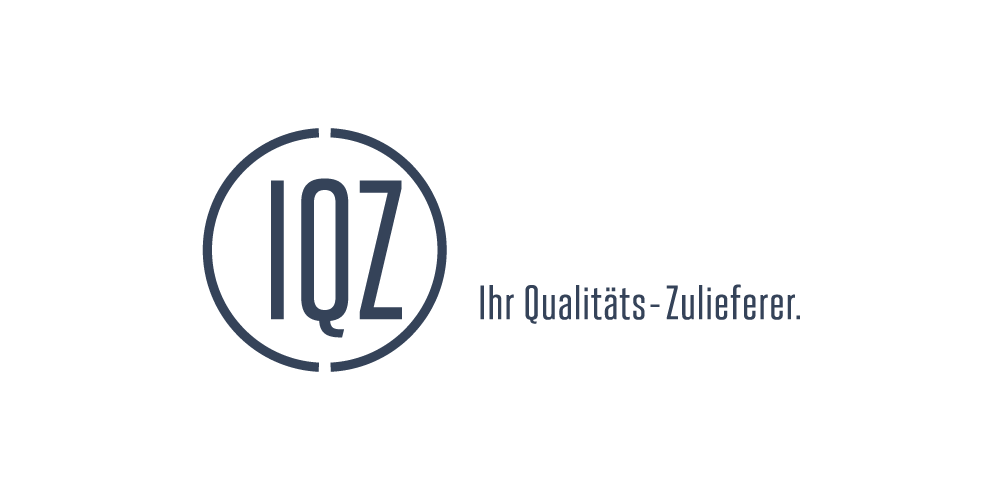
-
Institute for Quality and Reliability Management GmbH
The Institute for Quality and Reliability Engineering (IQZ for short) with locations in Wuppertal and Hamburg is a spin-off of the University of Wuppertal founded in 2012 with a focus on reliability, safety and quality management. The industry spectrum includes the automotive and aviation industries, energy technology (in particular renewable energies in the wind energy sector) and machine safety. IQZ's range of services covers the entire product life cycle from design and development (e.g. design for reliability and reliability processes in the product development process) to operation (guarantee and warranty issues as well as field data analyses) and phase-out strategies (smart maintenance and product life cycle optimization).
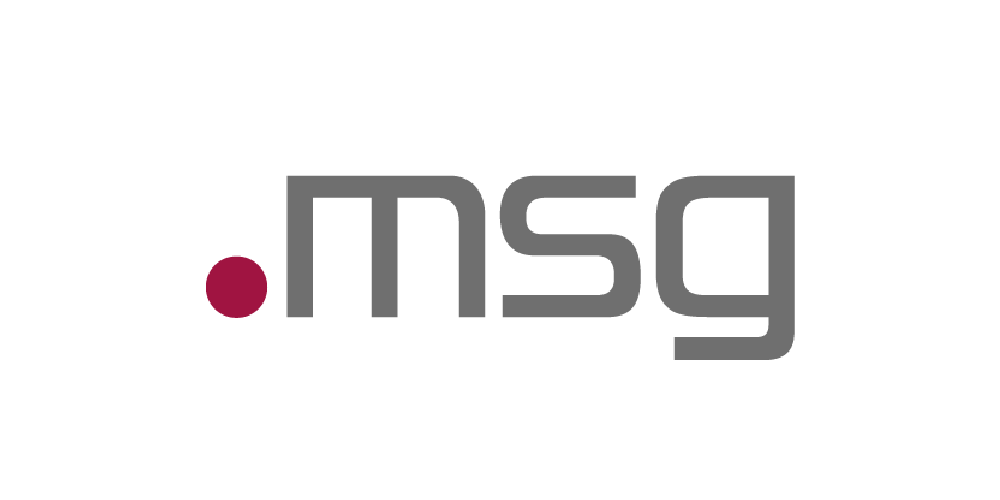
-
msg systems ag
As an international group of companies, we at msg create added value in the digitalized world by focusing on people - whether customers, employees or users of our solutions. In doing so, we build on 40 years of industry expertise and the creative and solution-oriented entrepreneurial spirit that has always characterized us. We also make use of the diversity within our group of companies, from the initial idea through to application. From this holistic perspective, we use the entire range of our Group like an intelligent swarm that constantly regroups depending on the task at hand. This is also expressed in our slogan "value - inspired by people".
With over 9,000 experts in 28 countries, we are represented in the world's most important markets. Long-term partnerships strengthen our appeal and ensure sustainable success. Because sustainability - in all aspects of our business activities - is a decisive and guiding value for us.
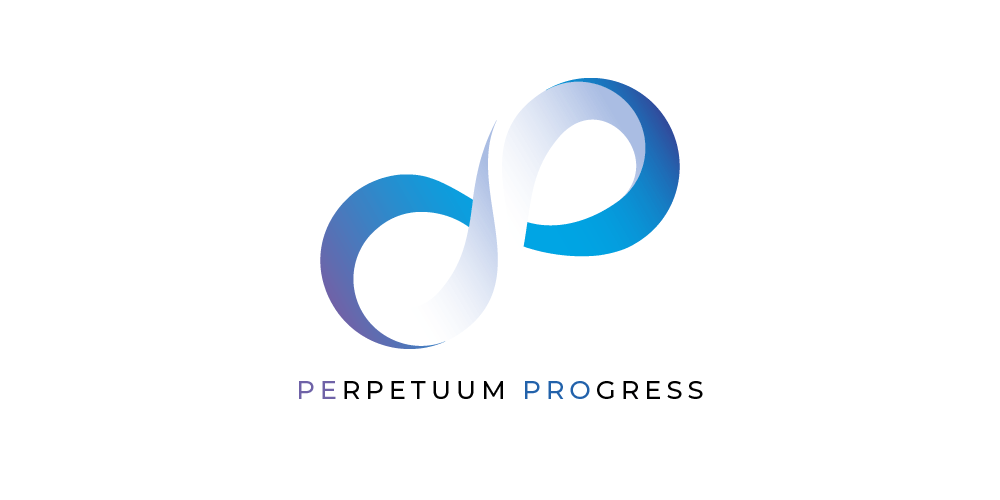
-
Perpetuum Progress GmbH
Perpetuum Progress is an independent, founder-driven company based in Ingolstadt - Munich area - Germany.
Our heart beats for the development of autonomous mobility.
Since our foundation in 2020, our international team has been working on a platform based on open standards for the virtual validation of autonomous mobility.
Our solution makes it possible to participate in the value chain for the development of automated driving.
In addition to product-driven development, we work as an engineering partner in series development for OEMs and first-tiers. We also develop innovative solutions on the road to autonomous mobility in consortium research projects. The combined experience from these two areas enables us to create our own innovative Open Validation Platform (OVAL).
Many years of experience in the field of automotive development and simulation, combined with a strong network of engineering and research experts, enables us to realize powerful solutions in the field of simulation, cloud computing and DLT.
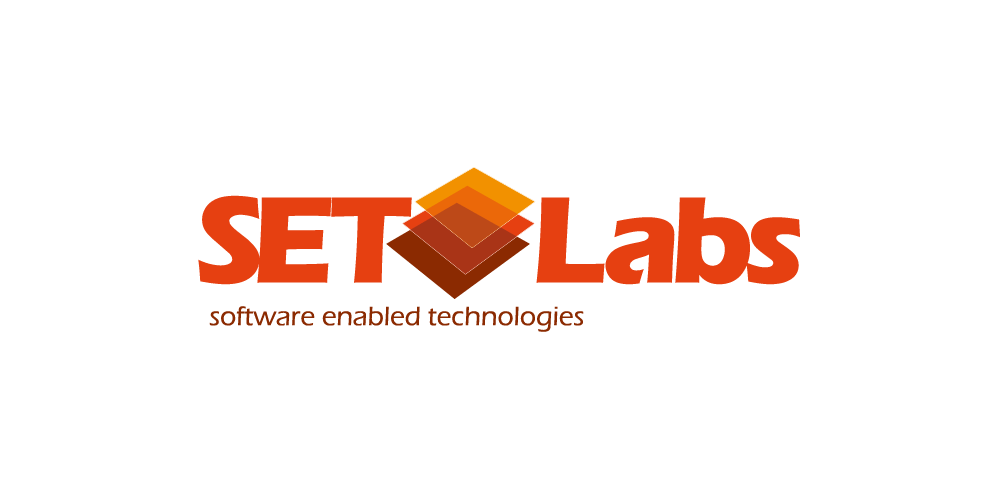
-
SETLabs Research GmbH
SETLabs Research GmbH is a wholly owned subsidiary of Virtual Vehicle Research GmbH, which is a leading international R&D center for the automotive and rail industry with over 300 employees. In cooperation with the parent company and its academic and industrial partners, SETLabs conducts applied research in various automotive and rail vehicle areas, whereby the cooperation leads to a close integration of the research locations and partners.
The focus of the center is on the consistent virtualization of vehicle development. The combination of software, numerical simulations and hardware tests enables a comprehensive hardware-software system design. SETLabs Research (SLR) conducts applied research in the areas of software-intensive systems, system simulation and application-specific SW/HW integration in cooperation with the parent company and its academic and industrial partners.

-
TH Ingolstadt
Ingolstadt University of Applied Sciences - strong in research and application.
The focus of Ingolstadt University of Applied Sciences (THI) is on technology and business. In addition to practice-oriented teaching, the THI is characterized by its research strength. Combined with the regional economic structure, the THI has positioned itself as one of the leading mobility universities in Germany. More than 6,500 students are enrolled at THI and around 800 employees work in teaching, research and science-supporting areas.
THI offers students a broad spectrum of over 70 Bachelor's and Master's degree courses in engineering, information science and economics. These range from traditional courses such as business administration, mechanical engineering or computer science to specific courses that can only be studied at a few universities in Bavaria. These include courses such as electromobility, bioelectrical engineering, user experience design, sustainability and environmental management or life science management.
In the field of research, the TH Ingolstadt occupies a leading position among universities of applied sciences in Germany. With over 60 professors active in research and almost 200 academic staff, the THI covers a broad spectrum of research fields. With the CARISSMA research building, it is Germany's leading scientific center for vehicle safety. And as the Bavarian AI mobility hub, it is building a center for artificial intelligence with around 100 employees - funded by the Hightech-Agenda Bayern. "With our innovations, we are securing the science and business location in the heart of Bavaria and living up to our vision: personalities and innovations - for a future worth living," says THI President Prof. Dr. Walter Schober.

-
TraceTronic GmbH
TraceTronic GmbH, headquartered in Dresden, develops software solutions for the automated testing and automated integration of vehicle software (ECU-TEST, TRACE-CHECK, TEST-GUIDE, Automotive DevOps Platform) and for the validation of virtual scenarios (SCENARIO-ARCHITECT). In connection with this, methods for testing and validating electronic vehicle components are provided for a large number of established OEMs and Tier 1s both nationally and internationally. This includes the conception and implementation of validation methods for all development phases (SiL, MiL, HiL, PiL, ViL). TraceTronic is active in standardization committees such as ASAM, AUTOSAR and the German Testing Board.

-
TrianGraphics GmbH
Introduction
TrianGraphics GmbH (TG) is a software company and service provider for content generation, founded in Berlin in 2004. The content focus is on the flagship product "Trian3DBuilder", a modeling tool for 3D landscapes and related services. TG has unique know-how in various simulation areas, ranging from flight simulation with large databases and detailed airports, to maritime simulation with nautical charts and ground simulation for infantry training. The current focus is on driving simulation, in particular the generation of roads from high-precision survey data.
Project-related competencies
TG has many years of experience in the development of environment models for driving simulations and ADAS validation. Online data such as HERE HDLM/RDF, OpenStreetMap or survey data such as OpenDrive can be used to visualize the road network. The environment can be supplemented with georeferenced city models or GIS data.
Focus on content
The main focus of TG in this project is the validation and certification of 3D environment models. For this purpose, interfaces for meta information are created, which are also used for categorization. The 3D environment models are mainly obtained from data provided by the GAIA X ecosystem and are also distributed via this ecosystem. On the other hand, a web-based service is to be created in the GAIA X ecosystem that automatically generates and provides 3D environment models and road networks (OpenDrive).
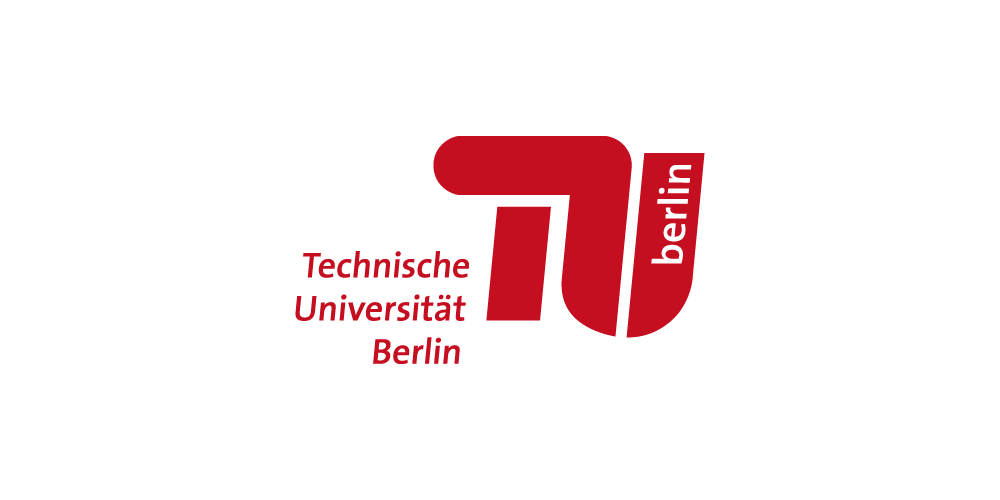
-
TU Berlin
With more than 30,000 students, over 100 degree programs and more than 40 institutes, Technische Universität Berlin (TUB) is one of the largest, internationally renowned and long-established technical universities in Germany. Since 2019, it has been part of the Berlin University Alliance, which is funded as part of the BMBF's Excellence Initiative. Faculty IV of Electrical Engineering and Computer Science is one of the most prominent of its kind in Germany. Its scientific productivity is reflected not only in the number of scientific publications and third-party funding it has acquired, but also in research collaborations with top international universities and outstanding awards for its researchers.
Prof. Stefan Tai's Chair of Information Systems Engineering is involved in the project. Since its foundation in 2007 (then at the Karlsruhe Institute of Technology, KIT), the research group has been dealing with challenging research questions on the design and evaluation of modern information systems and architectures, which in particular include domain-specific requirements and non-functional quality characteristics. Currently, these are in particular reliable and trustworthy cloud, blockchain and integrating hybrid architectures. For these, new approaches to data management and computation (e.g. for on/off chaining) as well as new concepts for system monitoring and ensuring complex quality features are being developed.
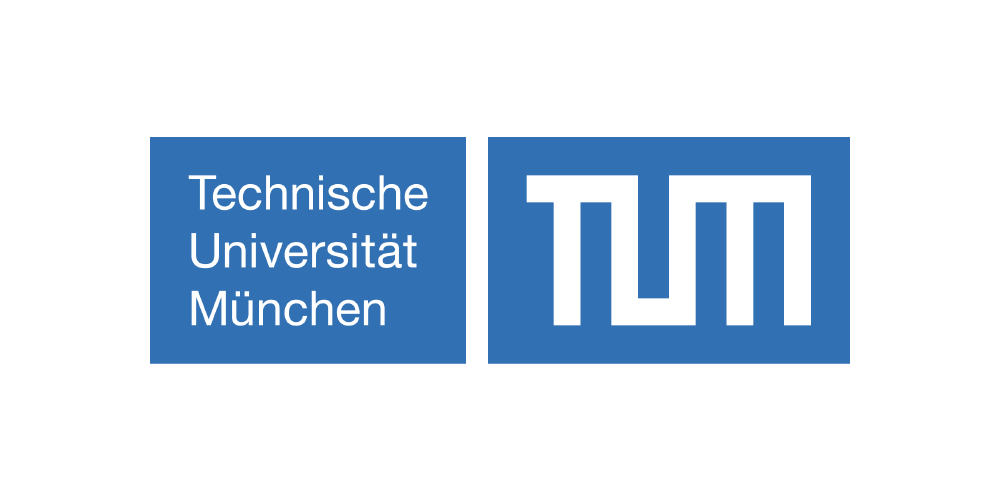
-
Technische Universität München
With eleven schools and faculties, 48,296 students, 623 professors, 398.0 million euros in third-party funding for research and 17 Nobel Prize winners, the Technical University of Munich (TUM) is one of the best universities in Europe. It is characterized by top performance in research and teaching, interdisciplinarity and talent promotion. It also has strong alliances with companies and scientific institutions around the world. TUM is one of the top three universities of excellence in Germany. It regularly occupies the top places in national and international university rankings. Whether the "Shanghai Ranking", the "QS World University Ranking", the assessment of the CHE (Center for Higher Education Development) or the ranking of the magazine "Times Higher Education (THE)": The study subjects and research facilities are very popular and offer globally recognized quality and expertise.
TUM inspires, promotes and develops talented individuals in all their diversity to become responsible, cosmopolitan personalities and enables them to shape the progress of innovation for people, nature and society with the highest level of scientific and technical expertise, with entrepreneurial courage and socio-political sensitivity, and with a lifelong openness to education.
TUM is committed to the competitive performance principle. It incorporates the results of basic and applied research into market-oriented innovation processes and promotes the entrepreneurial spirit in all areas of the university. It initiates sustainable growth-oriented and technology-based start-ups by its members and supports them from the idea generation stage through to successful market positioning. TUM's entrepreneurial activities are consistently geared towards playing a leading role throughout Europe in the spin-off of growth-oriented technology start-ups from the student body and cutting-edge scientific research together with its affiliated institute UnternehmerTUM.

-
Virtual City Systems GmbH
We are convinced that 3D geoinformation and digital twins of cities based on it form an essential basis for understanding, shaping and solving the complex challenges of our urban reality. Our vision is to use 3D city models and digital twins as a forward-looking platform. It serves the management of urban resources and infrastructure and ensures the integration and networking of data. We stand for a technology that improves collaborative and interdisciplinary urban development and its transparent communication and supports sustainable decisions based on analyses and simulations. With our innovative solutions and many years of expertise, we want to support cities in successfully using digital twins and making them usable for the design of living spaces. We have been pursuing this vision with the development of our software and solutions since 2005. We maintain an open and close exchange with our customers in order to develop technically sound solutions that are geared towards the needs of users. We are convinced that 3D geoinformation and digital twins of cities based on it form an essential basis for understanding, shaping and solving the complex challenges of our urban reality. Our vision is to use 3D city models and digital twins as a forward-looking platform. It serves the management of urban resources and infrastructure and ensures the integration and networking of data. We stand for a technology that improves collaborative and interdisciplinary urban development and its transparent communication and supports sustainable decisions based on analyses and simulations. With our innovative solutions and many years of expertise, we want to support cities in successfully using digital twins and making them usable for the design of living spaces. We have been pursuing this vision with the development of our software and solutions since 2005. We maintain an open and close exchange with our customers in order to develop technically sound solutions that are geared towards the needs of users.



